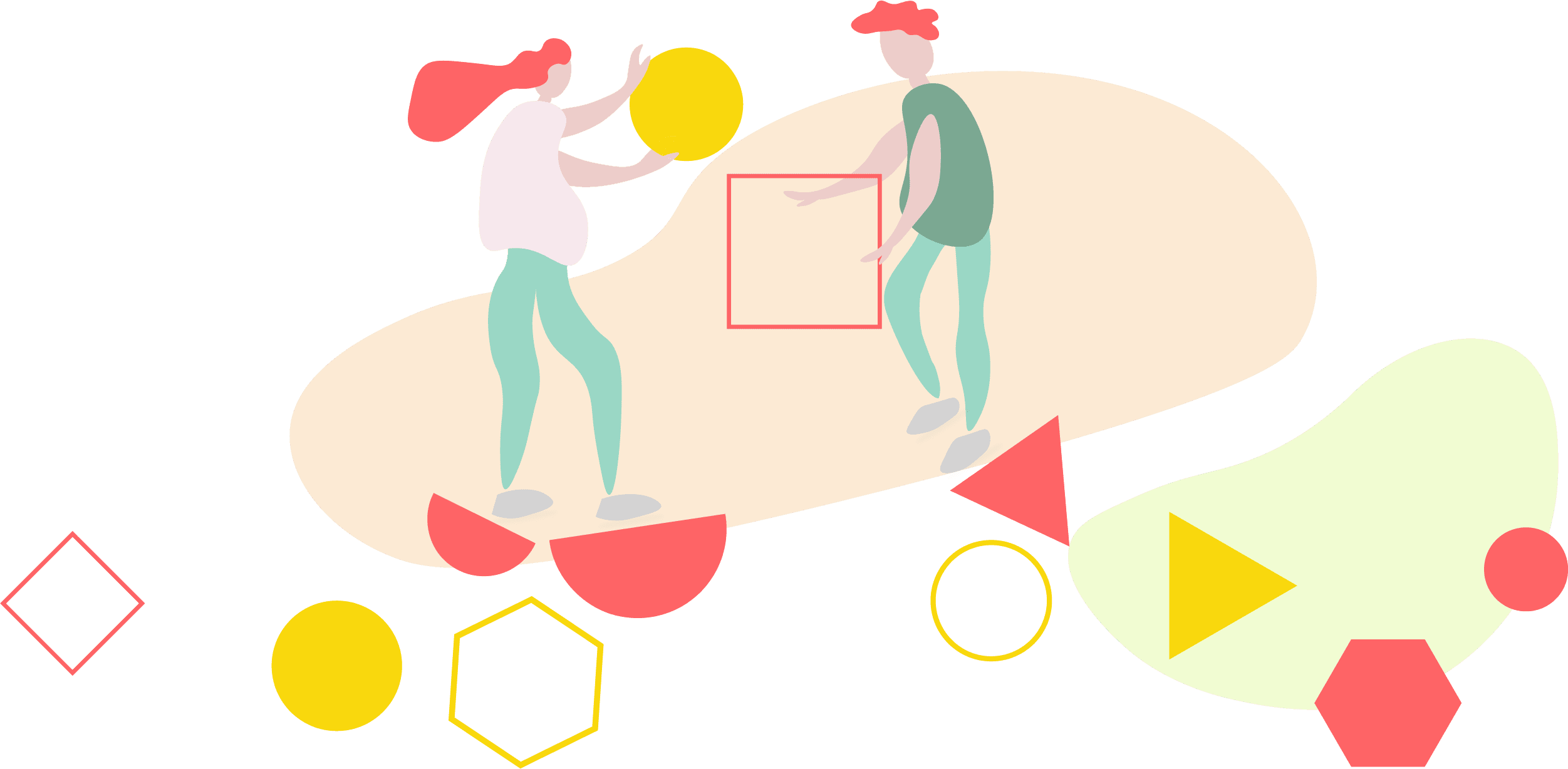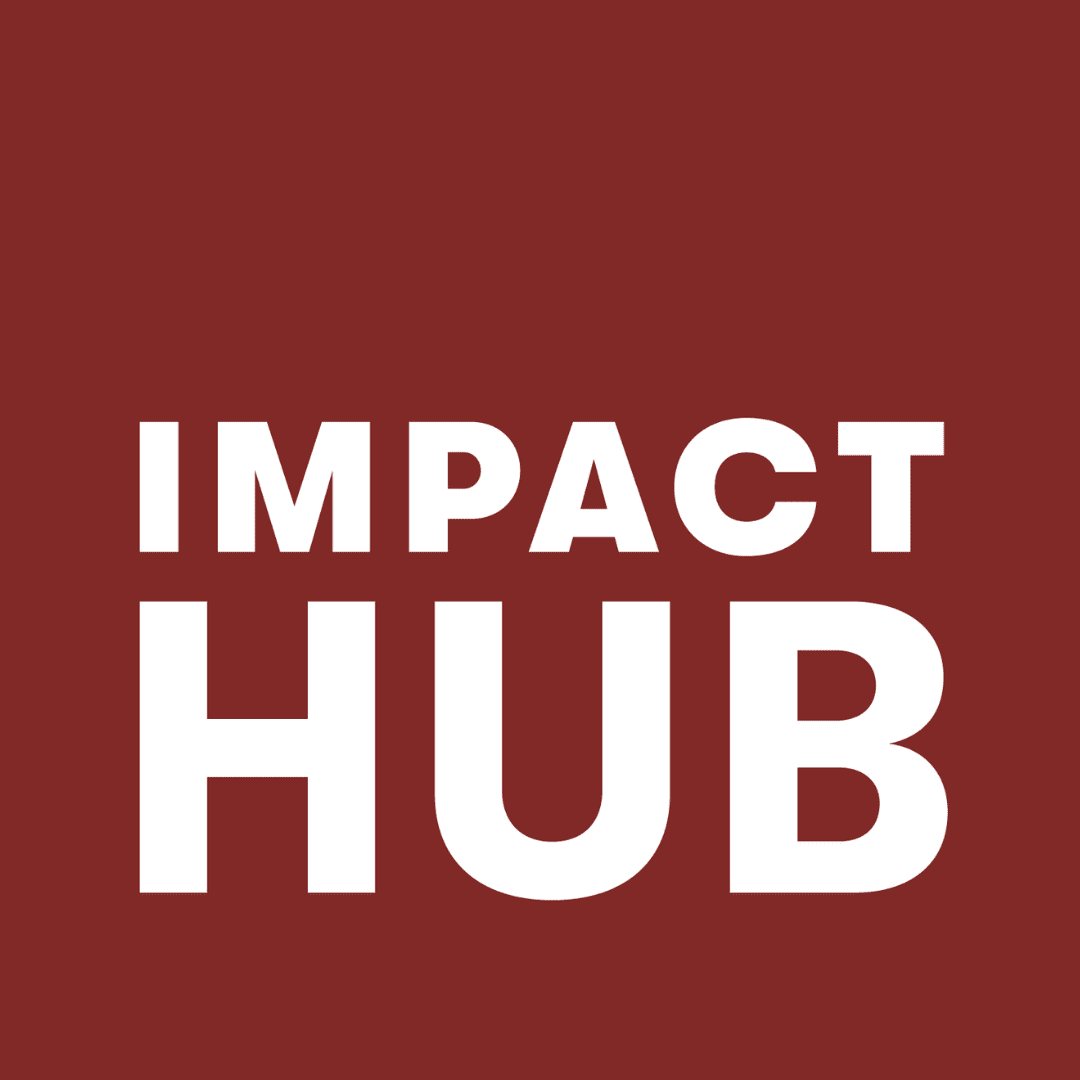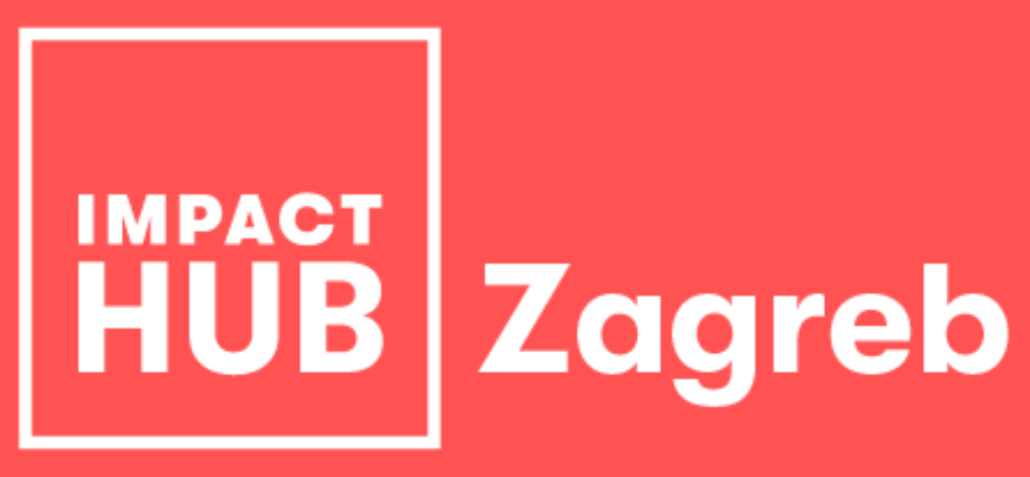Strengthening Social Economy
for Innovative and Resilient Regions

SOCRATES will support the first theme and priority (scope) of the call SMP-COSME-2021-RESILIENCE-SEM Social Economy Missions for community resilience “Improving business environment and supporting sustainable business models based on social economy” through transnational social economy missions for interregional mutual learning and exchange of good practices on enabling supportive business environment for the social economy.
Local action plans of the social economy will be elaborated in collaboration with relevant social economy stakeholders (e.g., public administration, civil society, SMEs, and business community) to raise the social economy’s awareness, visibility, and recognition. Nevertheless, the project will formulate replicable recommendations to enable the local social economy ecosystem, improve the legal, policy, and regulatory frameworks, access finance, and strengthen public-private dialogue. Therefore, the project will reinforce the local social economy’s resilience and support the social economy’s twin transition towards sustainability, aligned with the 2030 Agenda for Sustainable Development.

